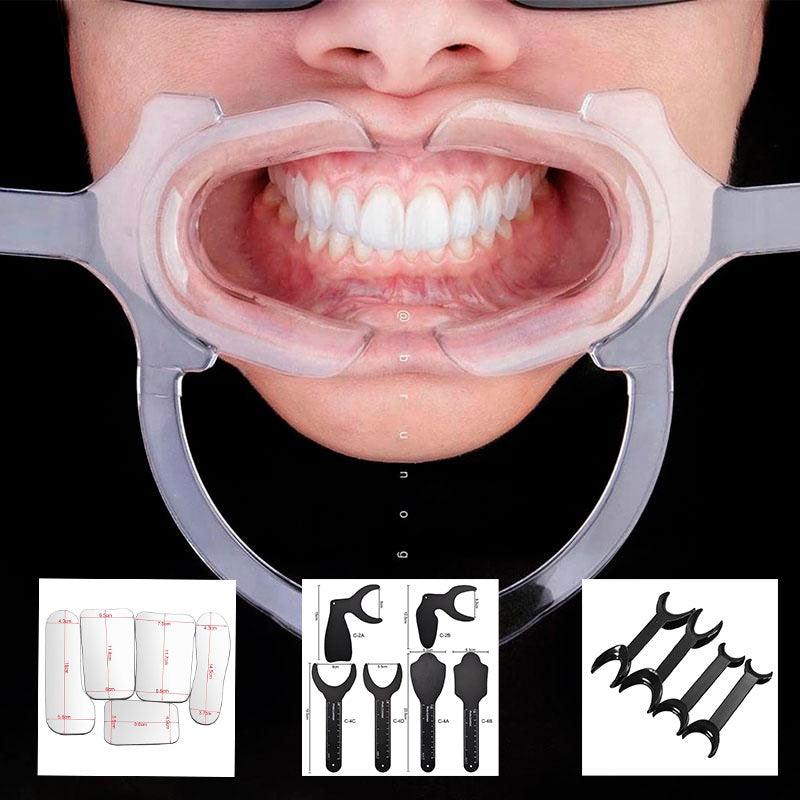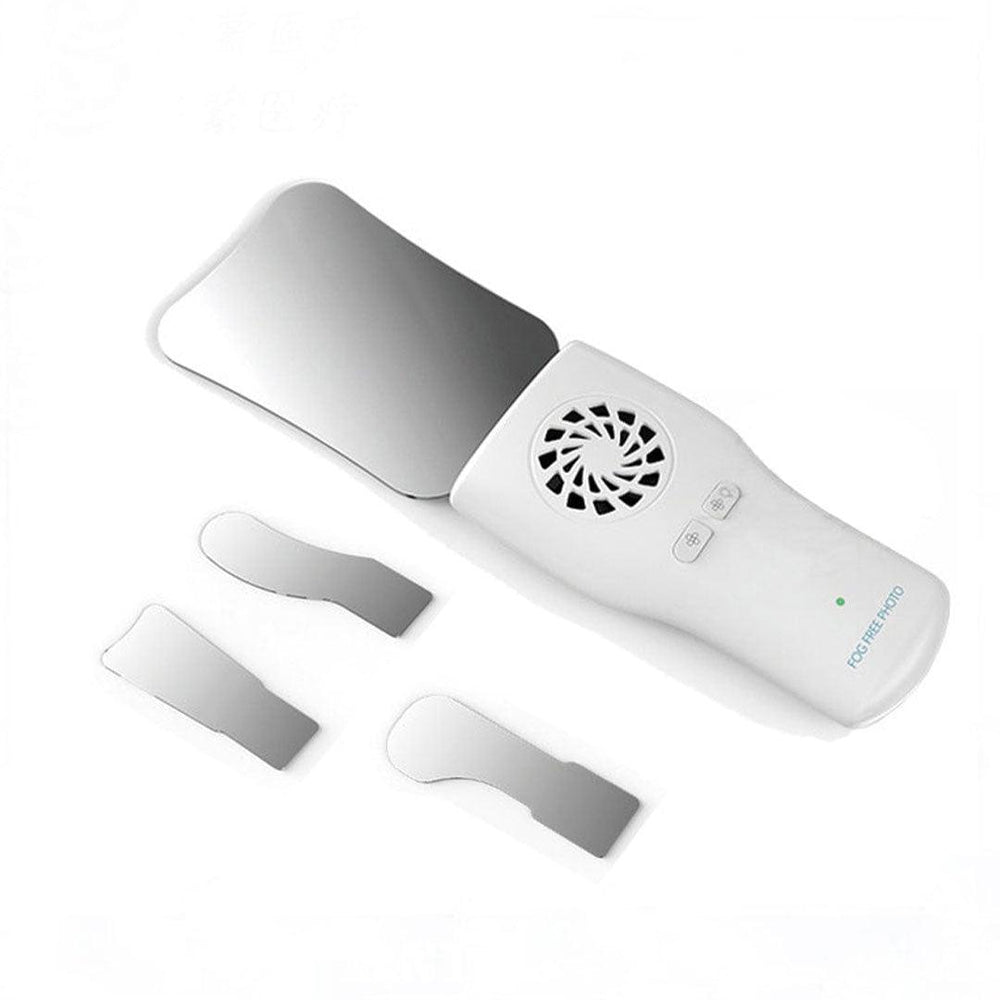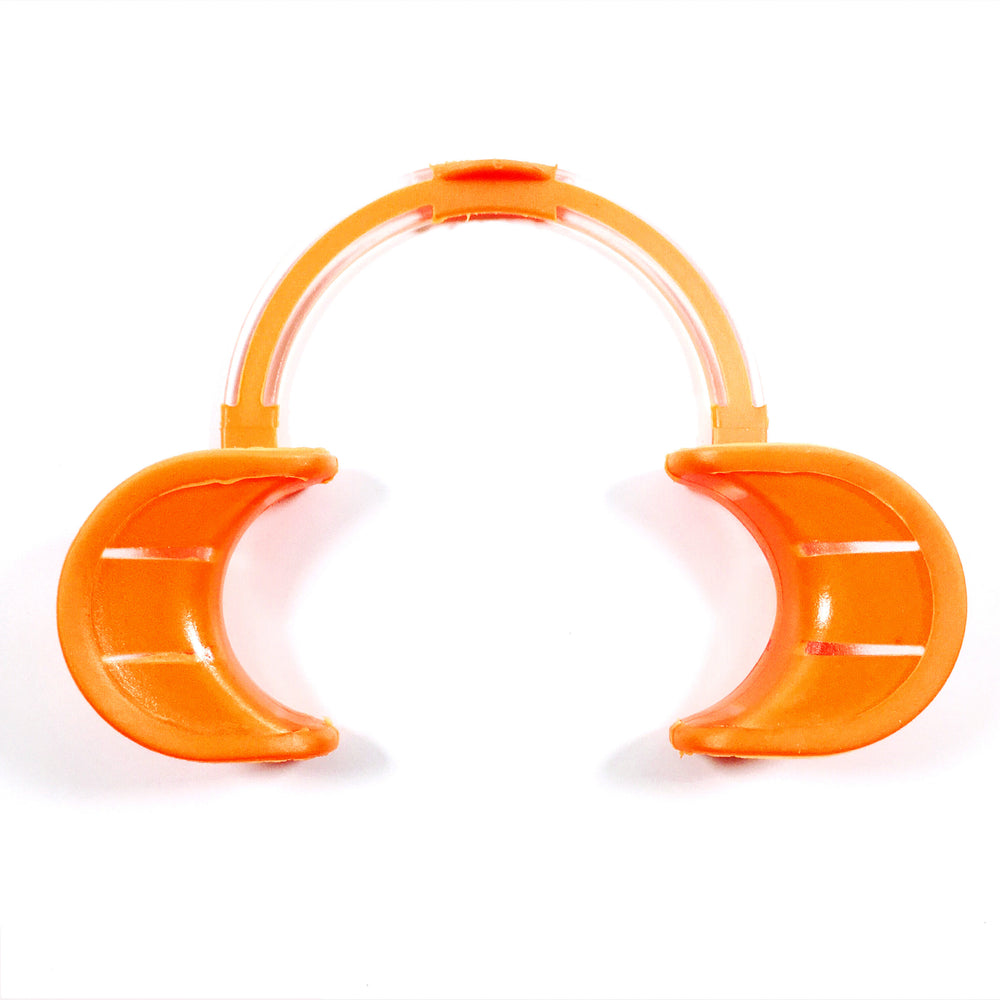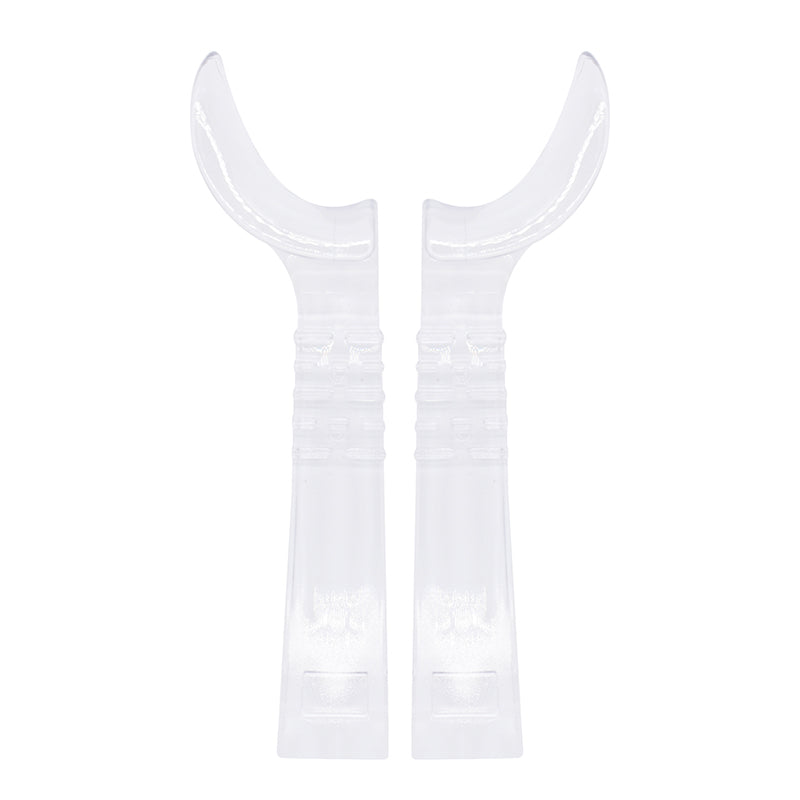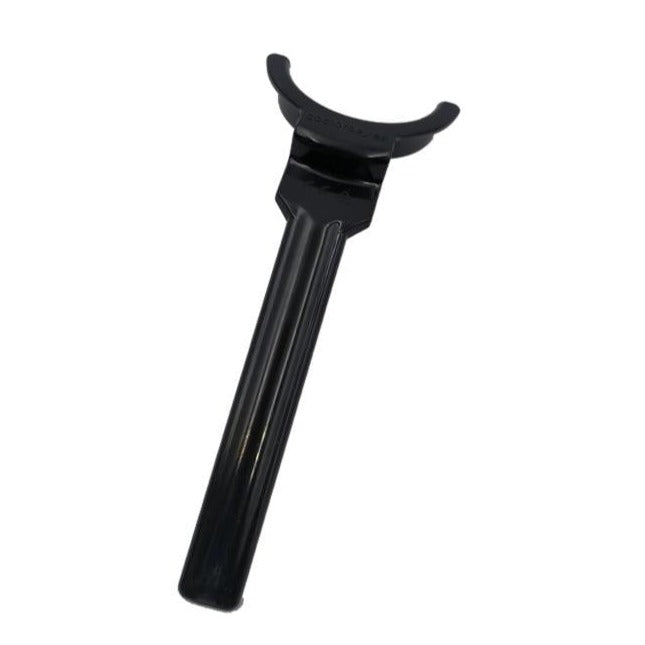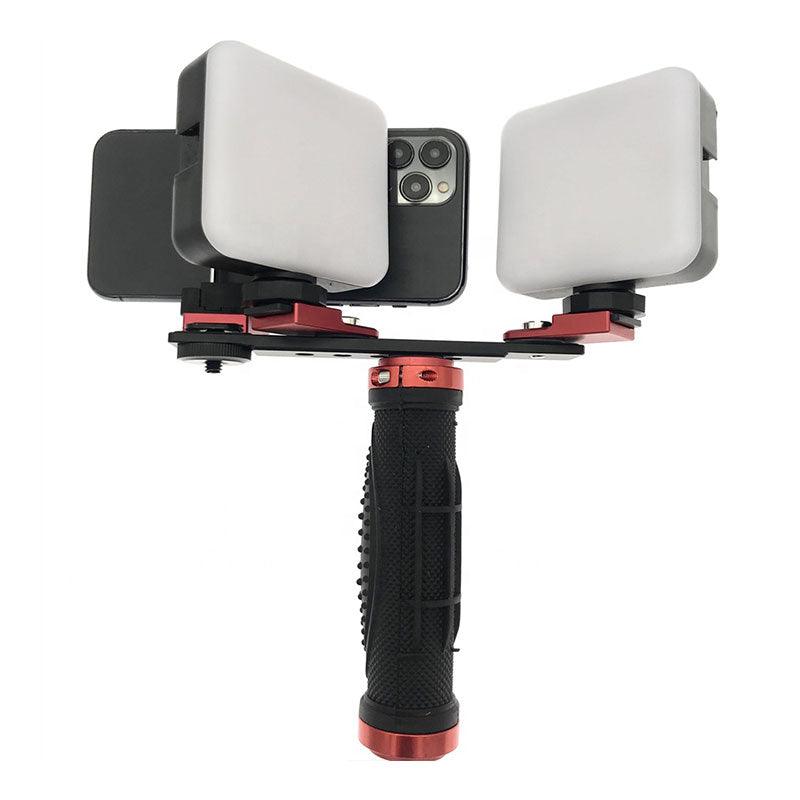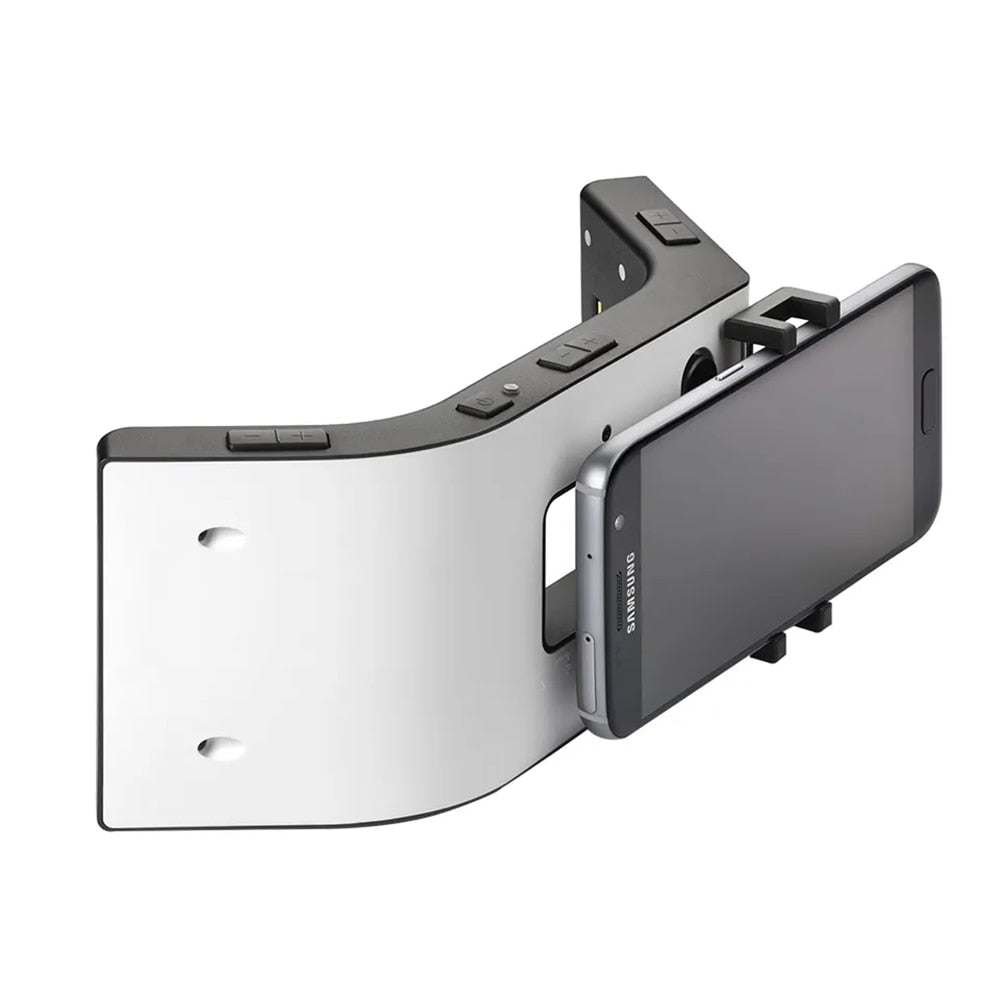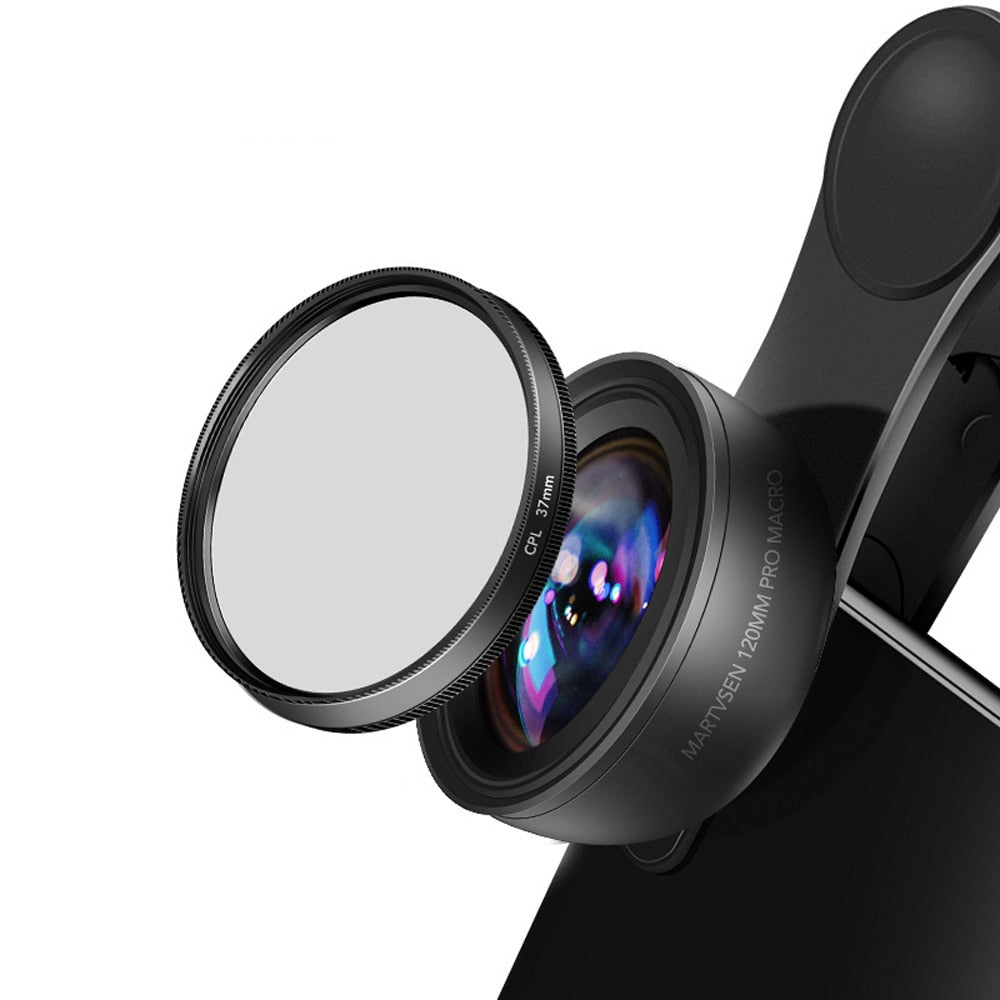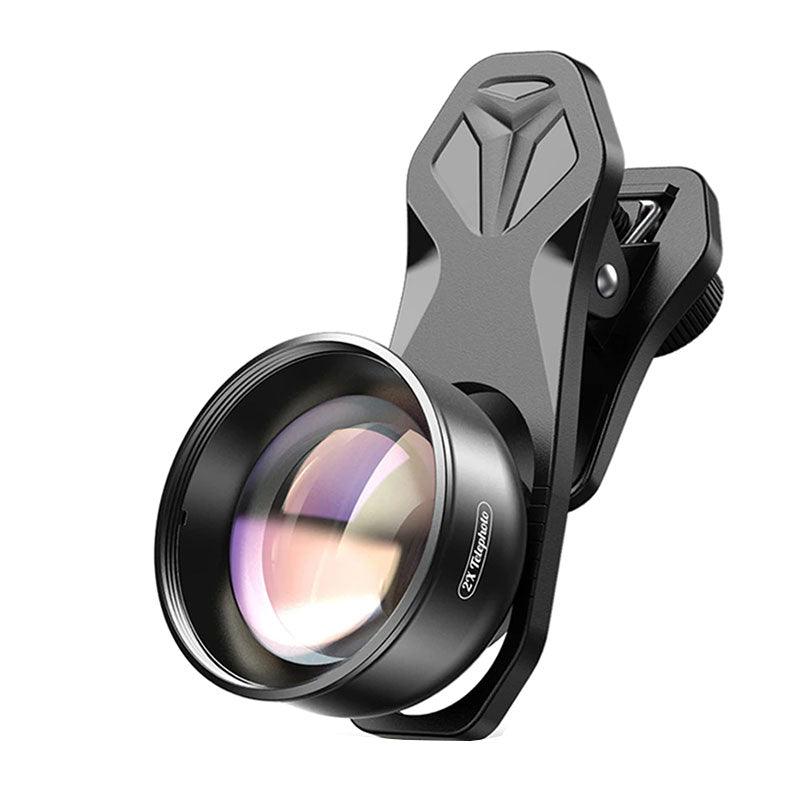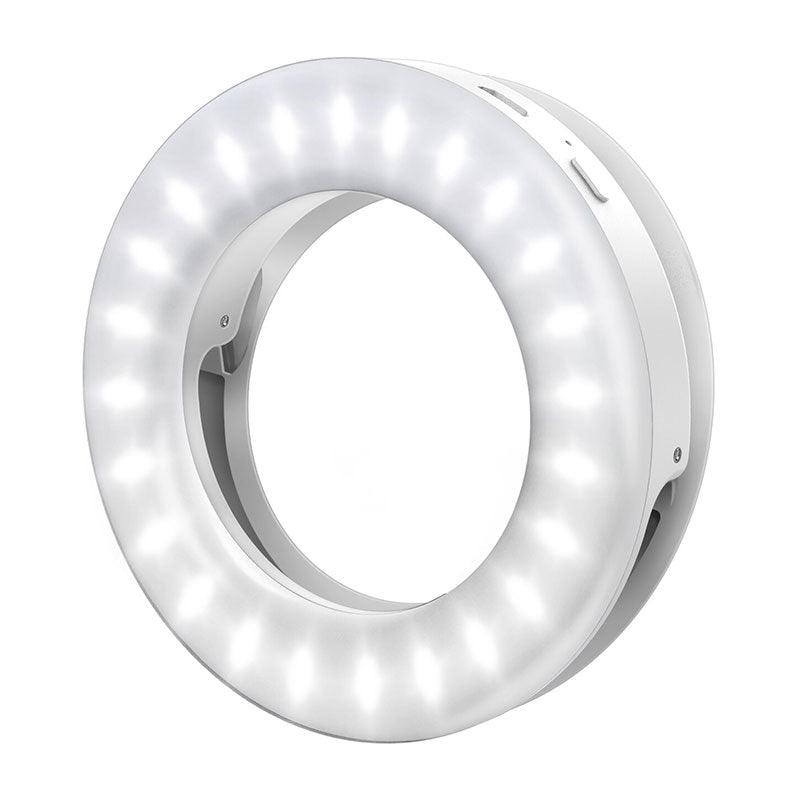Dental photography is an important aspect of modern dentistry. High-quality photographs are of great importance for diagnosis, treatment planning, and demonstration of work results. In this article, we will share some professional tips and recommendations that will help you develop your dental photography skills.
1. Use the right equipment.
To get high-quality photos, it is necessary to use professional equipment. It is recommended to purchase a high-resolution digital SLR camera, a microlenses, and a flash. It is also critical to have suitable accessories, such as a mirror to reflect light and a white surface to create a smooth background.
2. Lighting plays a key role.
Proper lighting will help create clear and vivid images. It is recommended to use a light that simulates natural sunlight. There are several ways to ensure good lighting, for example, using special photographic ring flashes or LED panels.
3. Start with the basic settings.
Before starting complex shooting, it is recommended to familiarize yourself with the basic settings of the camera. Controlling the shutter speed, aperture, and ISO sensitivity allows you to control the depth of field, brightness, and noise of the image.
4. Patient preparation.
Before starting the shooting, it is important to explain to the patient the purpose and process of dental photography. The comfortable position of the patient, the absence of third-party objects in the photo, and the clear visibility of all teeth are essential aspects of a successful shooting.
5. Practice creates a master.
Practice is necessary to achieve perfect results in dental photography. It is recommended to take a lot of photos of different situations and conditions and then analyze them. Study your mistakes and acquire new knowledge and skills.
6. Training and exchange of experience.
Dentistry is constantly evolving, and new technologies and techniques are always emerging. Participation in seminars, courses, and conferences on dental photography will help you expand your knowledge and become an expert in this field. It is also a good idea to subscribe to specialized magazines and forums to communicate with colleagues and share experiences.
We hope that these tips will help you develop your professional skills in dental photography. Constant practice, study, and communication with other specialists will help you become a successful and reliable specialist in dentistry.




